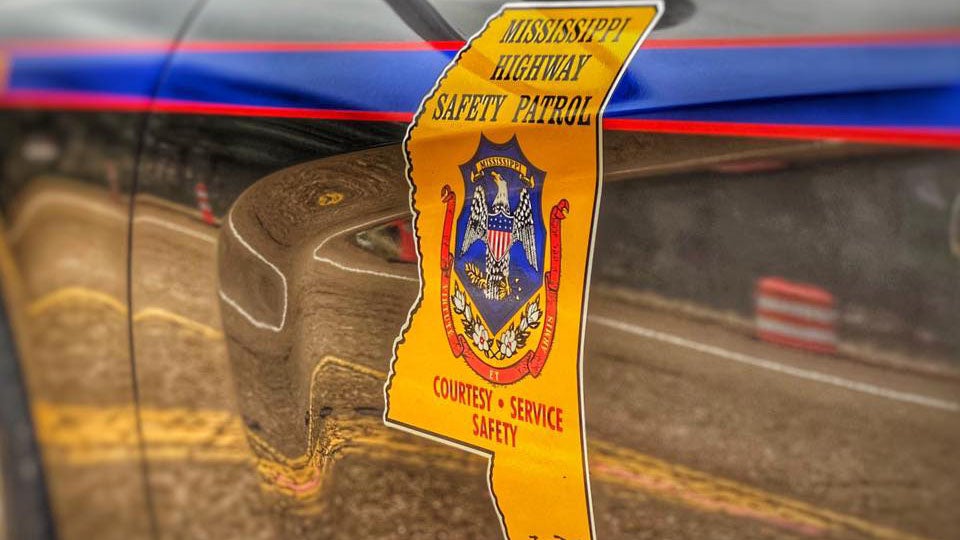Many children still in need of father’s influence
Published 6:00 pm Sunday, June 20, 2010
It’s been said that everyone has a mother, but not everyone hasa father.
Tragically on this Father’s Day, that remains a true statement fortoo many children in America. And society continues to reap theconsequences.
From educational deficiencies to behavioral issues to increasedchances of incarceration, volumes of statistics reveal what faceschildren who grow up without the influence of fathers. In anAbout.com article, Wayne Parker compiled a list of data reflectingthe impact of fatherless homes on children.
According to the report, from fatherless homes come 63 percent ofyouth suicides, 71 percent of high school dropouts, 70 percent ofjuveniles in youth-detention facilities and 85 percent of childrenwho exhibit behavioral disorders.
And children from fatherless homes are twice as likely to end up injail as those from two-parent homes, the report said. Furthermore,fatherless children are more likely to face problems related toeducational success, aggression and gender identity.
Those are not happy possibilities to ponder on the day set aside tohonor those who are supposed to provide the male influence in thehome. But what are young, impressionable youth – particularly boys- to do?
Unfortunately, too many are swayed by the lure of those who havefound success from the seemingly easy world of crime, gangs anddrugs.
That simply perpetuates the chances of the problems mentionedabove. And even if incarceration or worse is not the outcome,nothing of any true meaning or substance comes from a life devotedto gangs.
Another avenue for some fatherless youth, and even some withfathers, comes from the world of professional sports and athletesbeing viewed as role models. One only has to glance at thenewspaper’s Sports section or listen to ESPN to catch the latest ona sports figure who’s run afoul of the law or at least his league’spersonal conduct policies to see why that is problematic.
In a famous Nike commercial from several years ago, pro basketballplayer Charley Barkley declared, “I am not a role model,” justbecause of his ability to dunk a basketball.
You’re right, Mr. Barkley, you’re not a role model. And nor shouldyou have to be.
While we all may appreciate the abilities of Barkley and hisprofessional sports brethren, looking up to them to the point ofidolization and expected similar success promotes pursuit of a pipedream that only the rarest of the rare actually achieve. Andfailure, combined with a lack of preparation for life away fromsports, sets the stage for the realization of more problems forfatherless children.
Many communities, Brookhaven included, are blessed with men offaith and character who willingly give their time to reach out toyoung men to serve as mentors or father figures. In the absence offathers, these close-by confidants are the best role models fortoday’s young people, but even these good men cannot fulfill allthe important roles of fatherhood.
The bottom line is there is no substitute for having a father inthe home and helping to raise children.
From love to discipline, the benefits of fathers being present aremany. The refrain of “Daddy’s Hands,” a song by country musicartist Holly Dunn, captures well that sentiment:
“Daddy’s hands were soft and kind when I was cryin´.
Daddy´s hands, were hard as steel when I´d done wrong.
Daddy´s hands, weren´t always gentle
But I´ve come to understand.
There was always love in Daddy´s hands.”
Happy Father’s Day!




